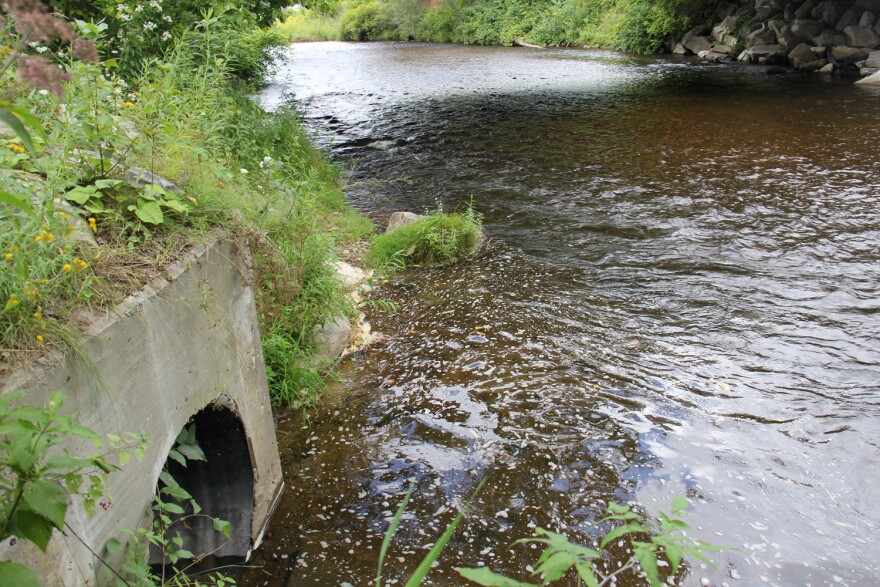How soon should the public find out about a spill or overflow of untreated sewage from a treatment plant into a river or lake? That's the question Senate lawmakers are facing as they consider a bill to speed up that notification process.
If there were sewage flowing into a river right now, it might be tomorrow or the next day before state officials post the notice about the public health hazard online.
And under existing law, that's fine.
Sewage plant operators are supposed to tell the state's Department of Environmental Conservation, and under state law, the agency has 24 hours to post a notice online.
James Ehlers is the executive director of Lake Champlain International, and he's been saying for years that the current timeline is too long.
"This is unacceptable to Vermonters downstream," said Ehlers.
The bill in the Senate now would shorten that timeline, but not everyone agrees just how quickly sewage treatment operators should be expected to tell the public about a spill.
The senators are trying to decide if they should require notification within four hours or one hour, and to Ehlers, it's an easy decision.
"I guess it all comes down to how strongly you feel about your kids swimming in sewage for one hour or four hours," says Ehlers. "Frankly I feel one hour is even too long."
"It all comes down to how strongly you feel about your kids swimming in sewage for one hour or four hours." — James Ehlers, executive director of Lake Champlain International
Karen Horn is the director of public policy and advocacy for the Vermont League of Cities and Towns. She says that for the people doing the work, one hour is too short.
"The operators of the system are trying to control the overflow and fix the problem," Horn says, "and then at the same time, they'd be required to go offline — or online actually — and report what's happening."
She says a four-hour timeline would still give the public a relatively quick notification without making sewage treatment operators decide between fixing a spill right away or following the law.
Ehlers says that's a false choice.
He says cities and towns could split that work so that a select board chairperson or another public official notifies the public while the sewage plant operator keeps working to fix the issue.
According to state data, there have been 147 sewage spills in the past year.
For an update anytime the state reports a sewage overflow, follow @dirtywatervt on Twitter.





